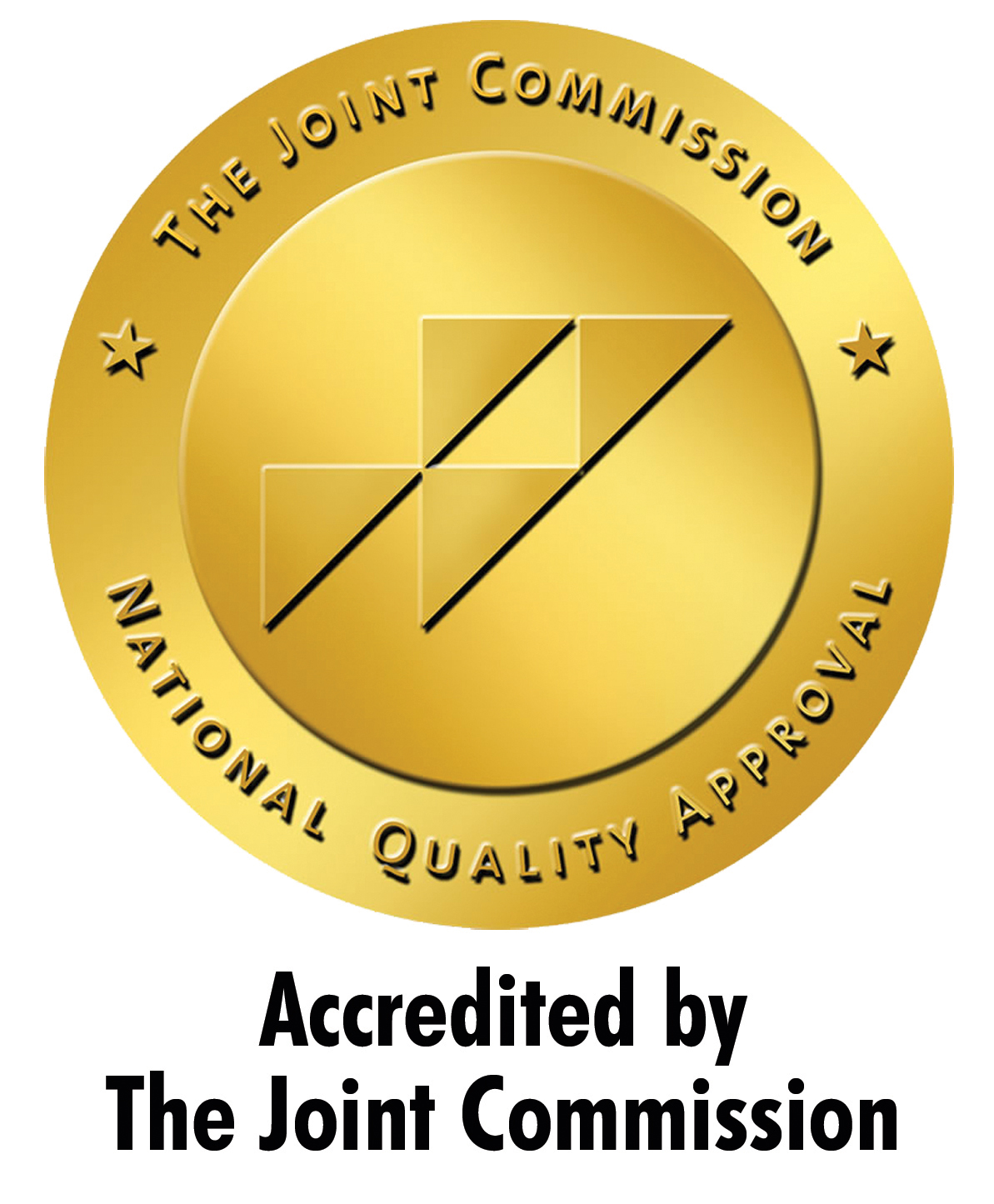Sleep Lab
At Trinity Health System Twin City Medical Center, We Can Help You Get a Better Night's Sleep!
Be sure to check out our blog posts about Sleep Apnea and Sleep & The Time Change, and the watch the video in the slide above if you need help getting a good night's rest! Our Sleep Lab is accredited by the American Academy of Sleep Medicine, and sleep lab services are covered by most insurances.
Sleep Disorders…Are You at Risk?
Do you suspect that you or someone you love suffers from a sleep disorder? If so, choose Trinity Health System’s Sleep Lab Services. Residents of the region can sleep easier knowing that our spacious sleep lab suites feature roomy queen-sized Sleep Number beds for patient comfort, on-suite full bathrooms for privacy and flat screen TVs. We even provide breakfast in bed.
Do I need a sleep study?
Sufficient sleep is vital for good overall health. Insufficient sleep is a problem that affects more than 28% of adults. According to the National Sleep Foundation, sleep impairment is linked as a contributing factor to motor vehicle crashes, industrial disasters, and medical and other occupational errors. In fact, according to Ohio State Highway Patrol statistics, there were 3,403 crashes involving sleepy drivers in Ohio in 2011.
Those who don’t get enough sleep are more likely to have chronic diseases such as heart disease, diabetes, depression or obesity. Sleep insufficiency and poor sleep quality also can result from sleep disorders such as chronic insomnia, restless legs syndrome, sleep apnea or narcolepsy. Common symptoms of a sleep disorder can include excessive daytime sleepiness, loud snoring, awakenings for uncertain reasons, gasping or choking at night, restless sleep, irritability, poor memory, and/or morning headaches.
Click here to take our interactive sleep disorder risk test.
Who needs a Sleep Study?
- Someone with health conditions such as high blood pressure , congestive heart failure, diabetes, fibromyalgia, and lung problems
- Someone who is tired all day after a full night’s rest
- Someone who consistently wakes up with headaches after a full night’s rest
- Someone having trouble with memory and concentration
- Someone who is noticing personality changes
- Someone who has swelling in his/her legs
- Someone who gets up to urinate at night
- Someone whose bed partner has witnessed him/her stop breathing or snoring loudly
I’m at risk for a sleep disorder; what should I do now?
Talk to your doctor or other health care professional if you are having any symptoms listed above, and let your physician know you would like to have your sleep study at Trinity Health System Twin City Medical Center. Sleep studies, like all other medical tests, have to be ordered by a physician.
To set up an appointment, please call (740) 922-7405. For more information about our services, call (740) 922-2800.
The Trinity Health System Twin City Medical Center Sleep Lab operates Sunday thru Friday and can do night time or daytime studies to accommodate patient needs.
What we offer:
- A kind, caring, friendly staff of experienced professionals
- Convenient appointment times during the night or day to accommodate most schedules
- A spacious, private room with a fully-equipped on-suite private bathroom
- A queen-sized sleep number bed for a great night sleep
- A flat screen TV so you don’t have to miss your favorite programs
- All followed by a delicious breakfast in the comfort of your own room
What can I expect during a Sleep Study?
A sleep study or polysomnography is a test designed to diagnose patients with sleep apnea, narcolepsy, period limb movement disorder, REM behavior disorder, and parasomnias.
The test consists of the patient coming to the sleep lab and having a series of small wires and belts placed on the patient. The wires are placed on the cheeks and scalp of the patient while the belts are placed on the abdomen and thorax areas. The patient is then monitored by a computer and a trained sleep technician while he/she sleeps.
What’s next?
A positive sleep apnea test will result in a patient coming back to the sleep lab for a second test called a PAP (Positive Airway Pressure) titration study. This test will be done much like the first test, but this time the patient will wear a PAP mask and will wear a PAP machine. During the night, the sleep technician will study the test and make changes to the machine to help the patient have a better night’s rest.


